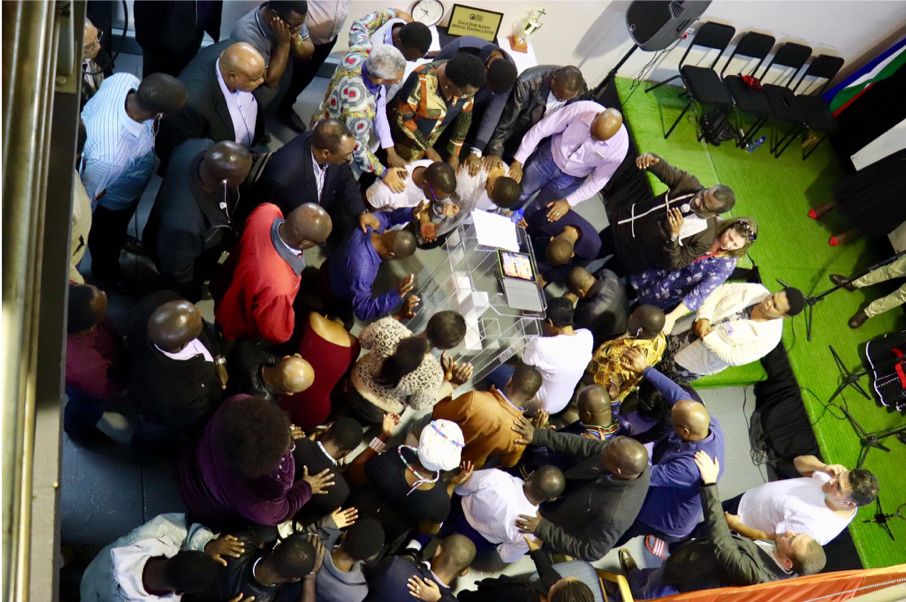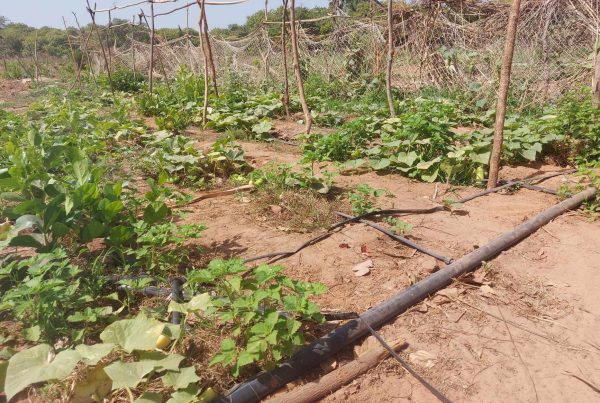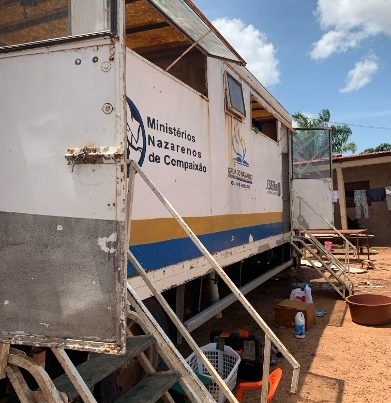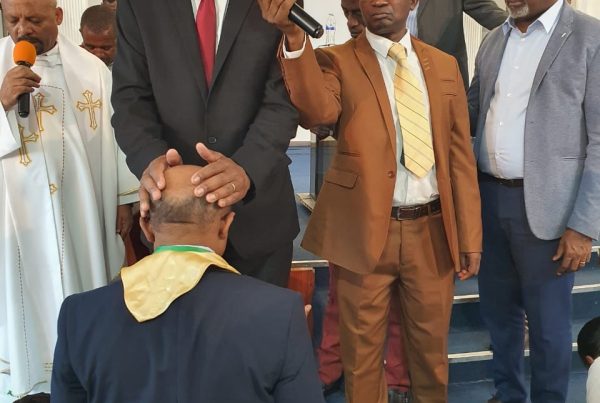“Urbanization in Africa is inevitable. By 2050 more than 1,2 billion people – 55% of the African population – will live in African cities. Currently, 62% of Africa’s urban population live in informal settlements. Will urban Africa explode in numbers and deepen in misery, or is it possible to imagine and accompany flourishing African urban futures?”
Centre for Contextual Ministry 2016, Urban Africa 2050: Imagining theological education formation for flourishing African cities, Centre for Contextual Ministry, viewed 21 June 2019, <http://ccmresearch.org.za/research-centre/faith-in-the-city/urban-africa-2050/>.
In response to this inevitable future of African cities, the Church of the Nazarene on the Africa Region sought to discern how our network of churches can creatively engage with this challenge.
About 80 clergy and lay leaders located in or in close proximity to the major cities on the continent gathered in Pretoria, South Africa on May 2-4, 2019 to learn, listen and discern together how God might use the Church of the Nazarene to make his presence known within the cities
The eventful days were divided into three plenary sessions with keynote speakers Prof. Winnie Nhlengethwa, Dr. Jolly Beyioku., and Prof. Stephan De Beer
Seven facilitated interactive workshops were offered where participants were given an option to attend two of the workshops. Worship services were hosted at 3C Church of the Nazarene in the evening with a focus on praying for the cities of Africa and listening to the word of God together. Six cities on the continent were highlighted with each city’s local representative presenting prayer needs, ministry opportunities, and focused concerns.
Prof. Winnie Nhlengetwa led the first plenary on the history of African cities. She focused her presentation on the movement between rural and urban centres. This rural-urban movement creates tension raising important considerations that shape how to do effective ministry in this context. Pastors in the cities have a task of holding the tension with their members moving from rural to urban and vice versa. The tension that exists between the rural and urban impacts how we see and do ministry in the cities.
The second plenary was led by Dr. Jolly Beyioku who focused on relevance in the city. He helped participants understand the socio-economic challenges that characterize the inner city experience. He urged us to demonstrate our proclamation of the gospel by responding to these socio-economic markings which deeply affect the inhabitants of the city. Urban ministry is a challenge, but at the same time, it is a tremendous opportunity for the Spirit of the Lord through his church and his people to reform lives and transform communities. He challenged leaders to determine what kind of church will we become; The response would determine the success or failure of the ministry in the urban community: Church IN the city, Church TO the city or Church WITH the city.
The last plenary on Saturday was led by Prof. Stephen De Beer who led us through a process of reading the city. He highlighted the need to see and understand the city and how it functions, which impacts how we engage with it. He took us through a process of immersing oneself in a context, analysing and understanding the social constructs of the city, followed by theological reflection and reimagining what the city could look like to plan for action where the kingdom of God is present. He invited participants into the process with each focusing on their own cities and their response to the call.
In the workshops, we heard from practitioners who were doing unique ministries and from facilitators with expertise on the topics which were paramount for our conversation.
The topics included:
- Ministries of Compassion and Mercy in the Wesleyan tradition
- Conversations on how to establish ministry stability in the urban setting
- What forms of worship, discipleship, fellowship and service can take place in urban settings?
- Community organizing towards social justice
- Rebuilding people’s agency: overcoming the scarcity mentality
- How to do an exegesis of the city
- The church–God’s instruments for healing urban fractures of race, patriarchy and economic inequality
We encourage you to join in the conversation by listening to the workshop sessions.
One of the highlights of the forum was the last evening service with our Africa Regional Director Dr. Daniel AKL Gomis preaching and commissioning participants to go and respond to God’s call to the cities. “True holiness is best described as people with pure hearts and dirty hands” he proclaimed. There are three characteristics of people in the cities; resilient, adaptive, and creative. If we are to reach them we must find people with passion and purpose to respond to God’s call to the cities. Young people were especially called and prayed for because we believe that they are the ones to lead the church into this emerging era.
As the forum came to a close, we left with a sense that God had truly manifested a spirit of unity and purpose among the leaders present. With one voice and one heart we committed ourselves to the messy business of ministry to the cities, because God’s heart calls us to have compassion for the the cities of Africa.
We can either be like Jonah and run away from the call of God, or we can say “Yes” to God’s call and make a difference in the cities where God has placed us. We encourage you to become part of the movement for urban ministry.
To find out more about the movement from presence to relevance in the city, or to download resources that will help you on your journey, check out the new website for urban ministry.






